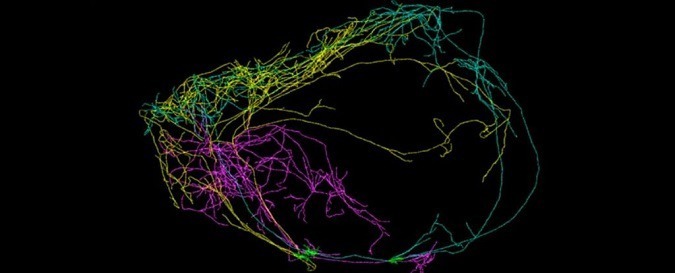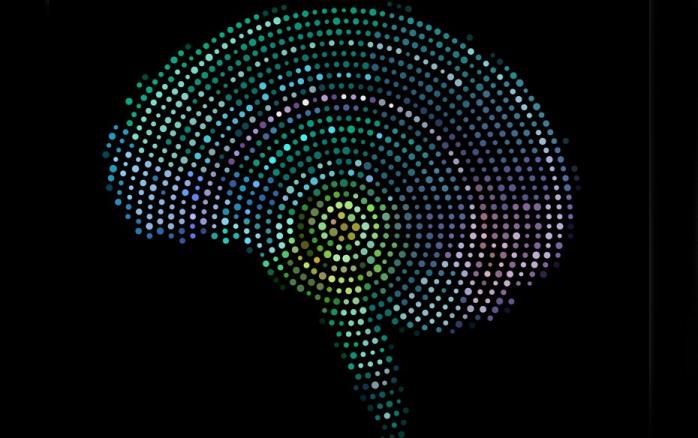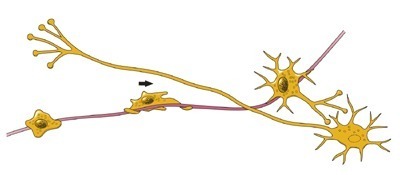Posts Tagged ‘neuron’
New brain imaging methods help detect giant, superconnected neurons such as this one (in a mouse’s brain)
A Giant Neuron Has Been Found Wrapped Around the Entire Circumference of the Brain (Science Alert): “For the first time, scientists have detected a giant neuron wrapped around the entire circumference of a mouse’s brain, and it’s so densely connected across both hemispheres, it could finally explain the origins of consciousness.
Read MoreScientists call for network of “brain observatories” to accelerate neurotechnology research and innovation
. A national network of neurotechnology centers for the BRAIN Initiative (press release): “The authors of the original proposal for the Brain Activity Map (BAM) Project, which inspired the White House’s BRAIN Initiative, issued today a position statement in Neuron proposing the creation of a national network of neurotechnology centers. These “brain observatories” would
Read MoreThe Life of Your Next Neuron
(In honor of Brain Awareness Week, which starts today, let’s learn a bit more about neurons. A question we get often as we discuss the benefits of aerobic and mental exercise is, “Can neurons travel -“migrate”- inside the brain?” Below you have the answer, and more, straight from the National Institute of Health website.)
Read MoreDoes Coffee Boost Brain/ Cognitive Functions Over Time?
There is little doubt that drinking that cup of morning coffee will likely increase alertness, but the main questions that research is trying to answer go beyond that. Basically: is there a sustained, lifetime, benefit or harm from drinking coffee regularly?
Read MoreTraining Attention and Emotional Self-Regulation — Interview with Michael Posner
(Editor’s Note: this is one of the 20 interviews included in the book The SharpBrains Guide to Brain Fitness: How to Optimize Brain Health and Performance at Any Age) Michael I. Posner is a prominent scientist in the field of cognitive neuroscience. He is currently an emeritus professor of neuroscience at the University of Oregon (Department…
Read More


